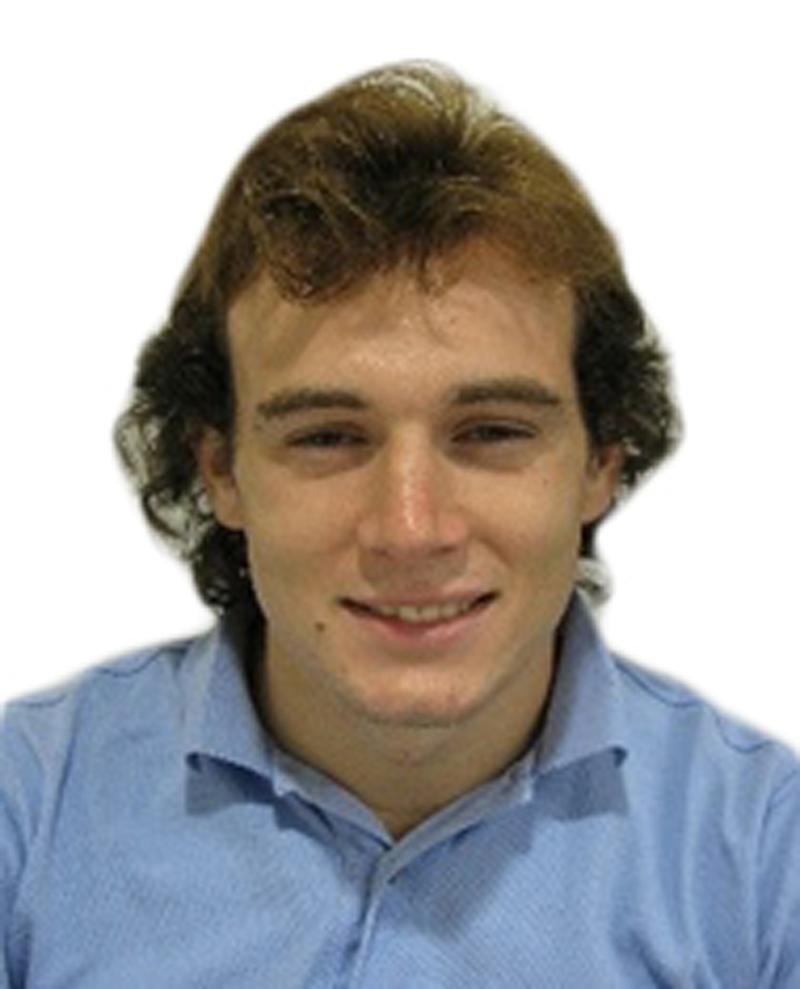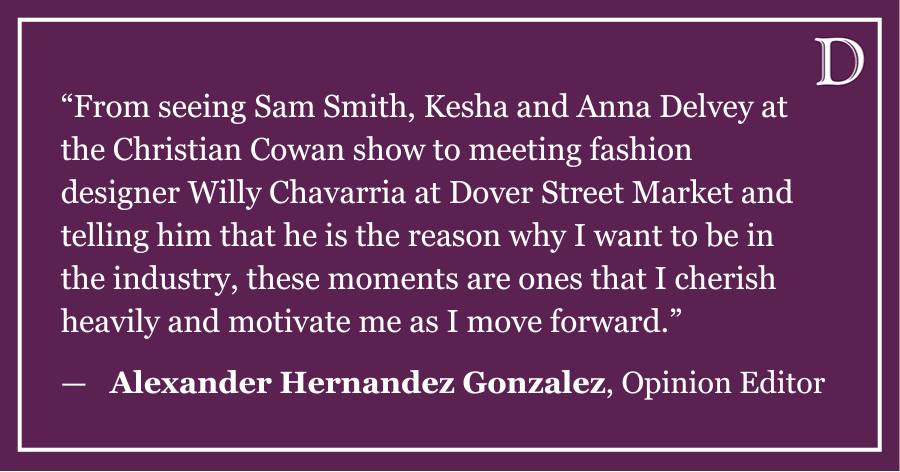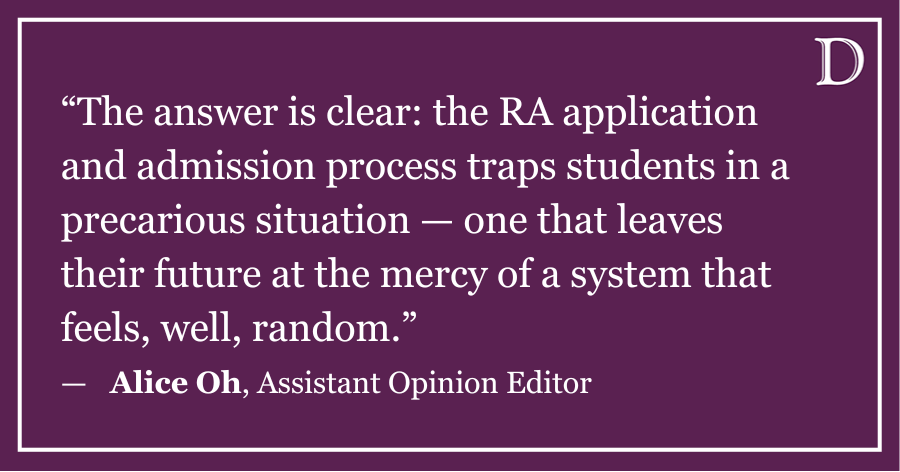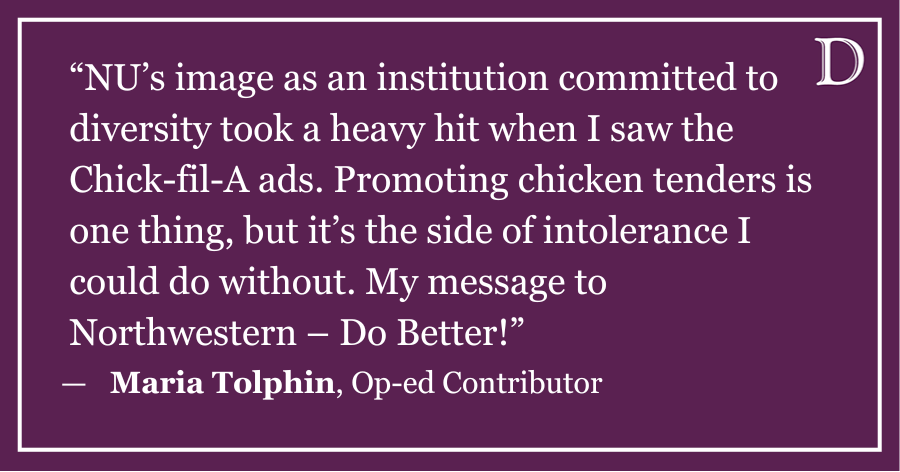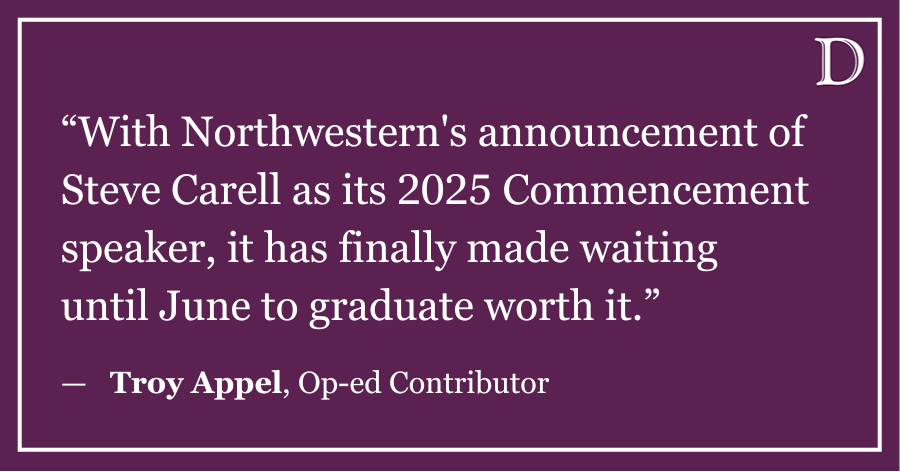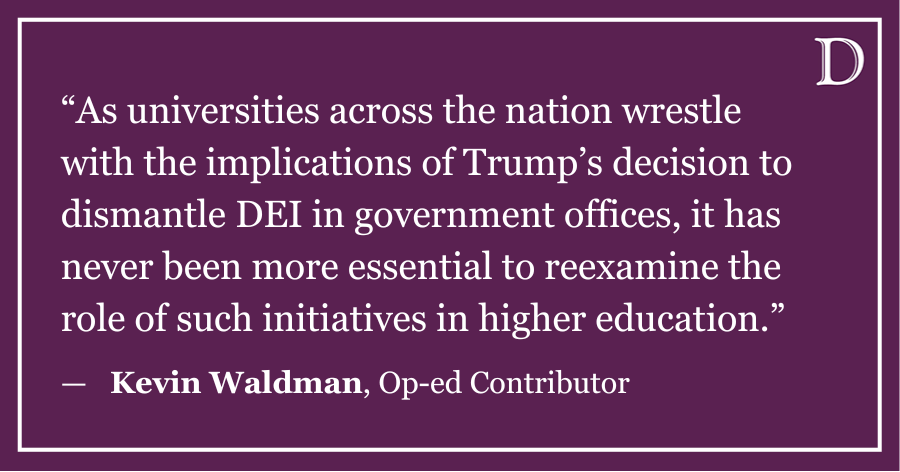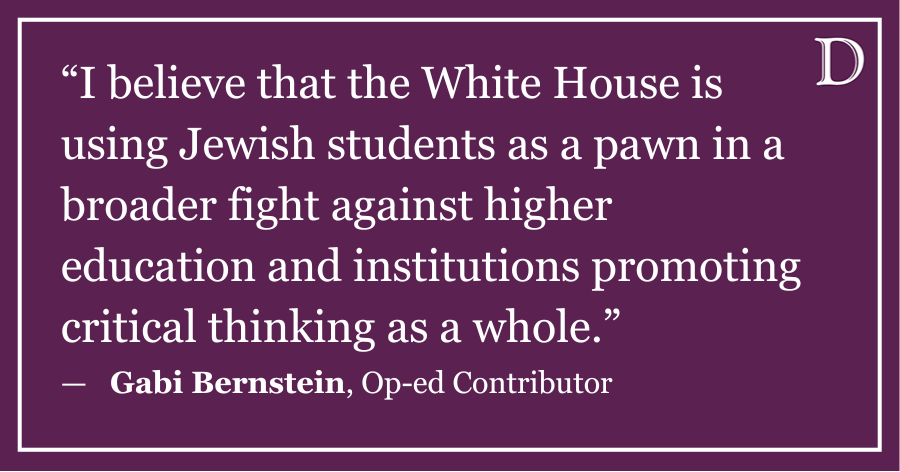Northwestern may win trophies and bowls in sports, earn high marks in college rankings and launch celebrity careers, but the university boasts an even more impressive engine for scholarships. The nondescript building overlooking Deering Meadow houses the Office of Fellowships, a bustling scholarly workshop.
The Office advises, coaches and cajoles students who apply for fellowship awards to research, travel or study. Students have won national and international competitions, such as Rhodes scholarships and David L. Boren fellowships. Last spring, I attended one of the many informational sessions for students interested in a Fulbright scholarship. Hopeful juniors filled every seat, each having agreed the benefit from the session far outweighed the cost of not studying during reading week.
The Fulbright program is a scholarship for both undergraduates and post-graduates from the U.S. and overseas to spend a year in a foreign country teaching, researching, or studying. Last year, 101 NU seniors applied for a Fulbright and 22 were accepted. NU ranks ninth in total grants awarded for 2012-2013 among all research universities.
The Fulbright application process is intensive and extensive. I dug deep to write a page-long personal statement. I wrote — and re-wrote — my project proposal to match the prompt’s specific guidelines. This meditation on my interests, skills and goals somehow brought a fitting end to my college career. The application’s dozens of questions reminded me to be grateful to my professors. It let me reflect on everything I’ve done — and perhaps failed to do — at NU. And it taught me once again to appreciate feedback from faculty. I knew myself a little better once I boiled my life down to a single page.
The benefit of a post-graduate fellowship goes beyond the award itself. The real prize comes from the frustration of soul-searching. It is not easy to pin yourself down to one country or one research topic. Harder yet, the argument for that country or this project must rest on an ironclad story. Each applicant discovers threads that weave through each academic or professional choice made. The application takes an entire summer from start to finish.
The most useful part, in my mind, comes from one element of the application. Each applicant for a research project must secure a letter of affiliation from a scholar in the proposed field of study. This person agrees to make introductions and provide support once you arrive in the country. Toward the end of the summer I combed through university economics department webpages searching for someone whose research interests aligned with mine. I sent emails and waited, waited, waited. A downpour of emails filled my inbox. Messages offering encouragement and advice — and even an email promising affiliation support.
But while I had a promise, I lacked a letter. Email can be a wonderful and infuriating form of communication. With weeks flying by — and other pieces of the applications to complete — I became increasingly worried about meeting NU’s campus deadline for all materials.
One kernel of advice the Office tells students came to mind with the deadline looming: pick up the phone – or as in my case, open up Skype. The human voice can move mountains — and letters. After rounds of email, I finally heard my adviser-to-be talk over a clear but expensive online link. We discussed our shared research interest and promised to stay in touch regardless of the fellowship outcome.
While the scholarship allows the Fulbrighter to explore the world, the application, with its hurdles and moments of triumph, first makes you explore yourself. It is a journey I recommend for each NU student.
William McLaughlin is a Weinberg senior. He can be reached at williammclaughlin2013@u.northwestern.edu. If you want to respond publicly to this column, send a Letter to the Editor to opinion@dailynorthwestern.com.
